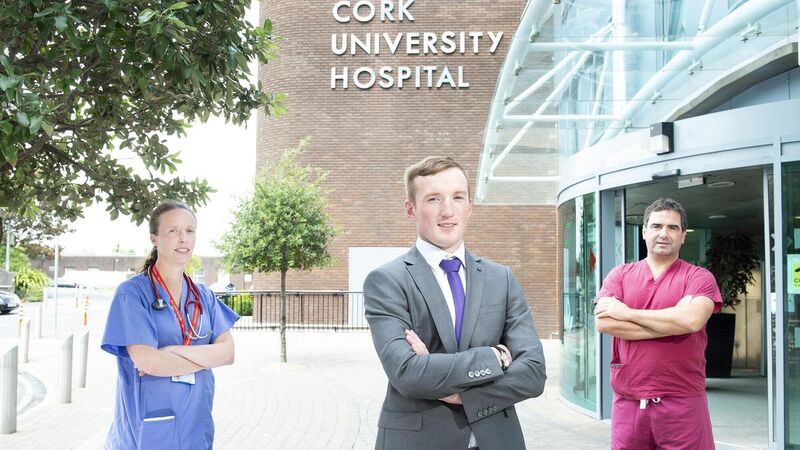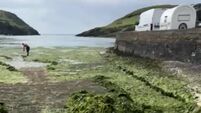'I was so short of breath I was unable to finish a sentence'

A medic who contracted Kawasaki-like hyperinflammatory syndrome, a rare condition associated with Covid-19, said he was aware he had respiratory and heart failure "and wondered would I get out alive".
The man's story is outlined in a new case study published by medics at Cork University Hospital, where the 23-year-old was treated after being hit by four days of vomiting, diarrhoea, dry cough, fever, and a rash on his hands, feet and buttocks.













